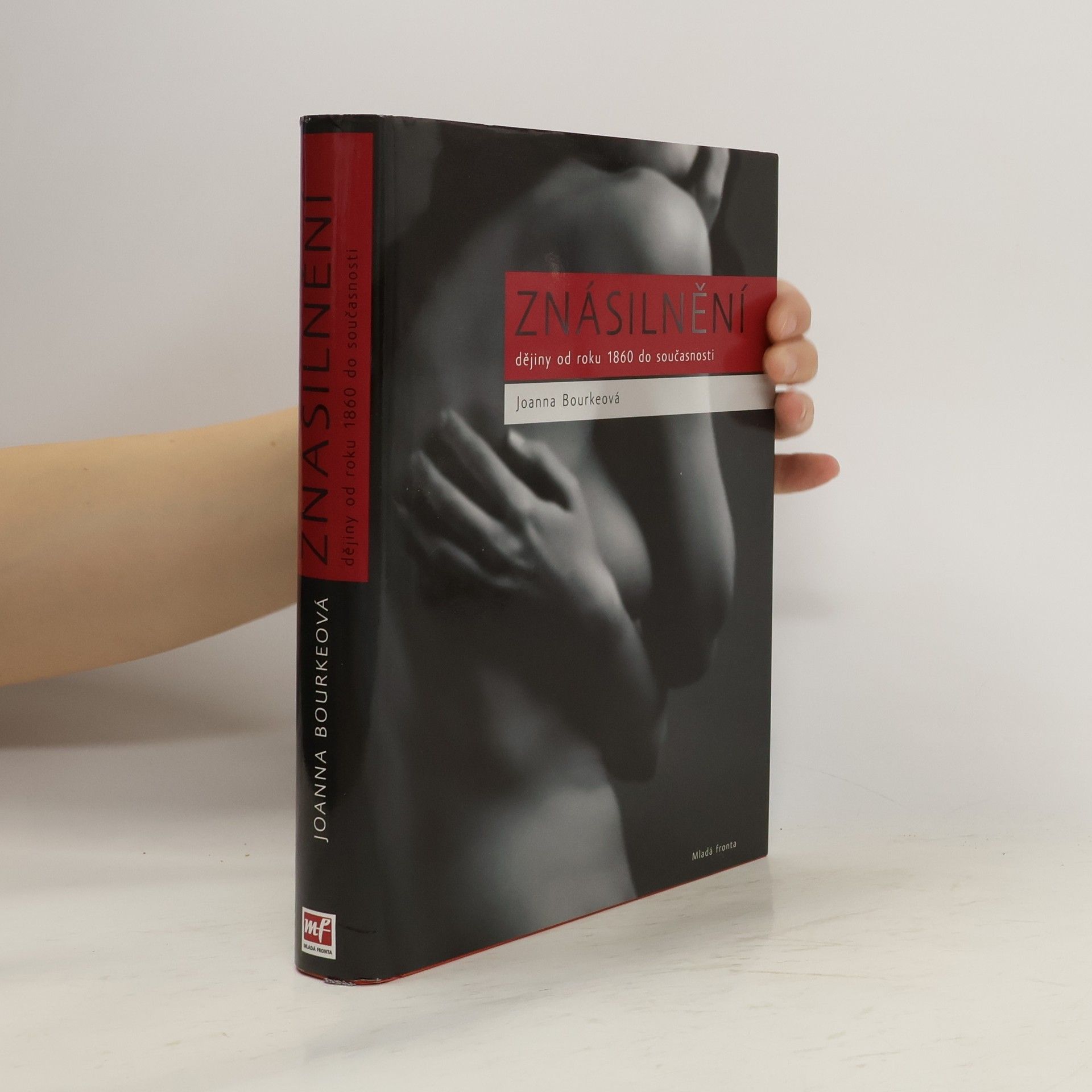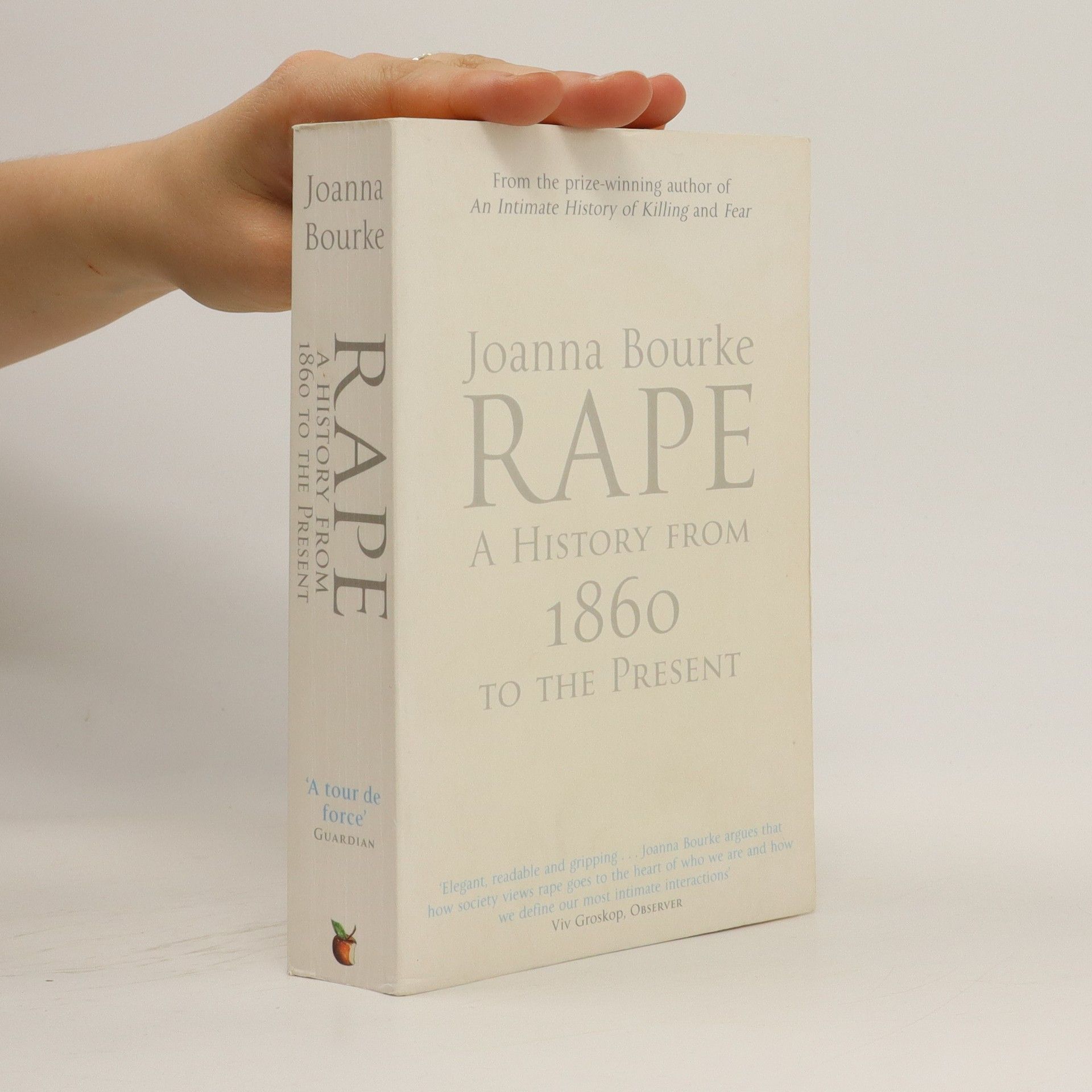The first truly global history of sexual violence, by acclaimed historian Joanna Bourke.
Joanna Bourke Libros
Joanna Bourke es una historiadora y profesora de historia, cuyo trabajo se adentra en la historia social y cultural. Sus escritos exploran cómo los individuos experimentaron e interpretaron la violencia, la pobreza y los tiempos de guerra. Examina críticamente las narrativas del sufrimiento, enfatizando las experiencias humanas vividas en tiempos difíciles. El enfoque de Bourke se caracteriza por una profunda investigación de archivo y un meticuloso análisis de las fuentes históricas.





Rape : a history from 1860 to the present day
- 576 páginas
- 21 horas de lectura
A fascinating, thought-provoking book on the emotive subject of rape from the highly acclaimed author of 'Fear'
Loving Animals
- 184 páginas
- 7 horas de lectura
Renowned historian Joanna Bourke explores the modern history of bestiality.
The book offers a vibrant historical account of Birkbeck, University of London, highlighting its evolution over 200 years from a time when educated working people were frowned upon to its current status. Joanna Bourke explores the institution's significant role in transforming British higher education, reflecting on its impact and contributions throughout history.
Příběhy plného sexuálního násilí nás obklopují na každém rohu. Autorka se ve své knize s využitím poznatků kriminologie, sociologie a psychologie vypořádává s různými definicemi znásilnění a znásilňovatele a ukazuje, jak hluboce je sexuální násilí zakořeněno ve své době a jak se neustále proměňuje.